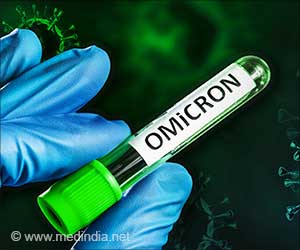
‘Rogue antibodies wreak havoc in severe COVID-19 cases. The development of antibodies to the COVID-19 virus has been the great long-term hope of ending the pandemic. However, immune system turncoats are also major culprits in severe cases of COVID-19.’
Tweet it Now
"It's a two-edge sword. Antibodies are crucial to fend off infection, but some COVID-19 patients also develop antibodies that damage their own cells and tissues. It is clear that in many cases the presence of coronavirus drove the creation of the damaging autoantibodies. But it is also likely that some COVID-19 patients had pre-existing autoantibodies that made them more susceptible to infection," says Aaron Ring, assistant professor of immunobiology at Yale and senior author of the paper. Antibodies against COVID-19
It was reported by the study that mice with these same autoantibodies were more susceptible to infection by the COVID-19 virus and more likely to die. The prolonged existence of these rogue autoantibodies succumbs an individual to long COVID cases. This could be the unfortunate legacy of the virus.
"Our findings reinforce the importance of getting vaccinated. The fact that even mild infections are associated with autoantibody production underscores the potential for long-term health consequences of COVID-19," says co-corresponding author Akiko Iwasaki, the Waldemar Von Zedtwitz Professor of Immunobiology at Yale.
Blood samples from 194 patients who had contracted the virus, with varying degrees of severity, were analyzed for the presence of autoantibodies that would further help in the development of clinical efforts to combat COVID-19.
Advertisement
Moreover, the new REAP technology could be used to pinpoint important antibody responses for many other disease conditions beyond COVID-19.
Advertisement










